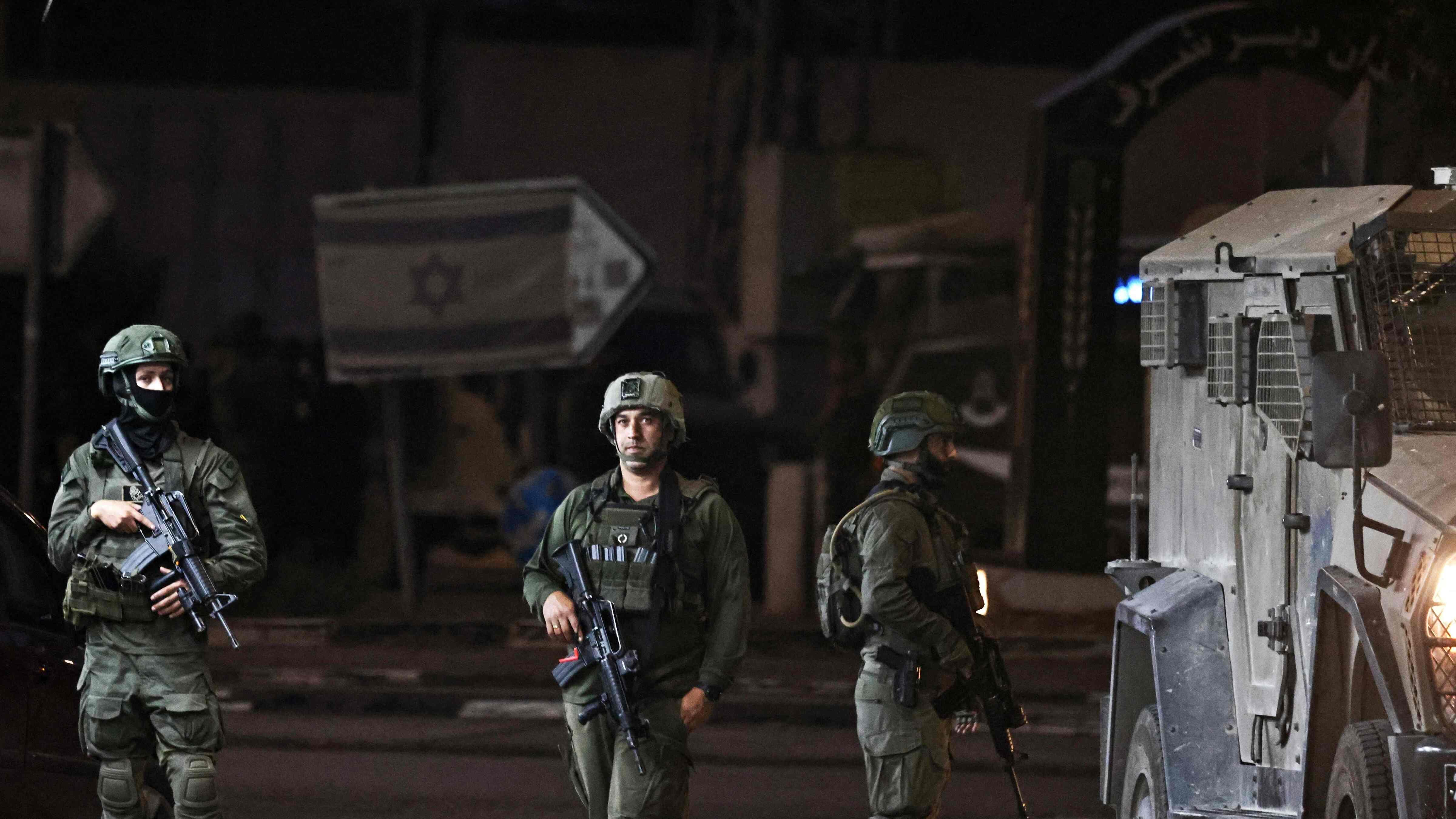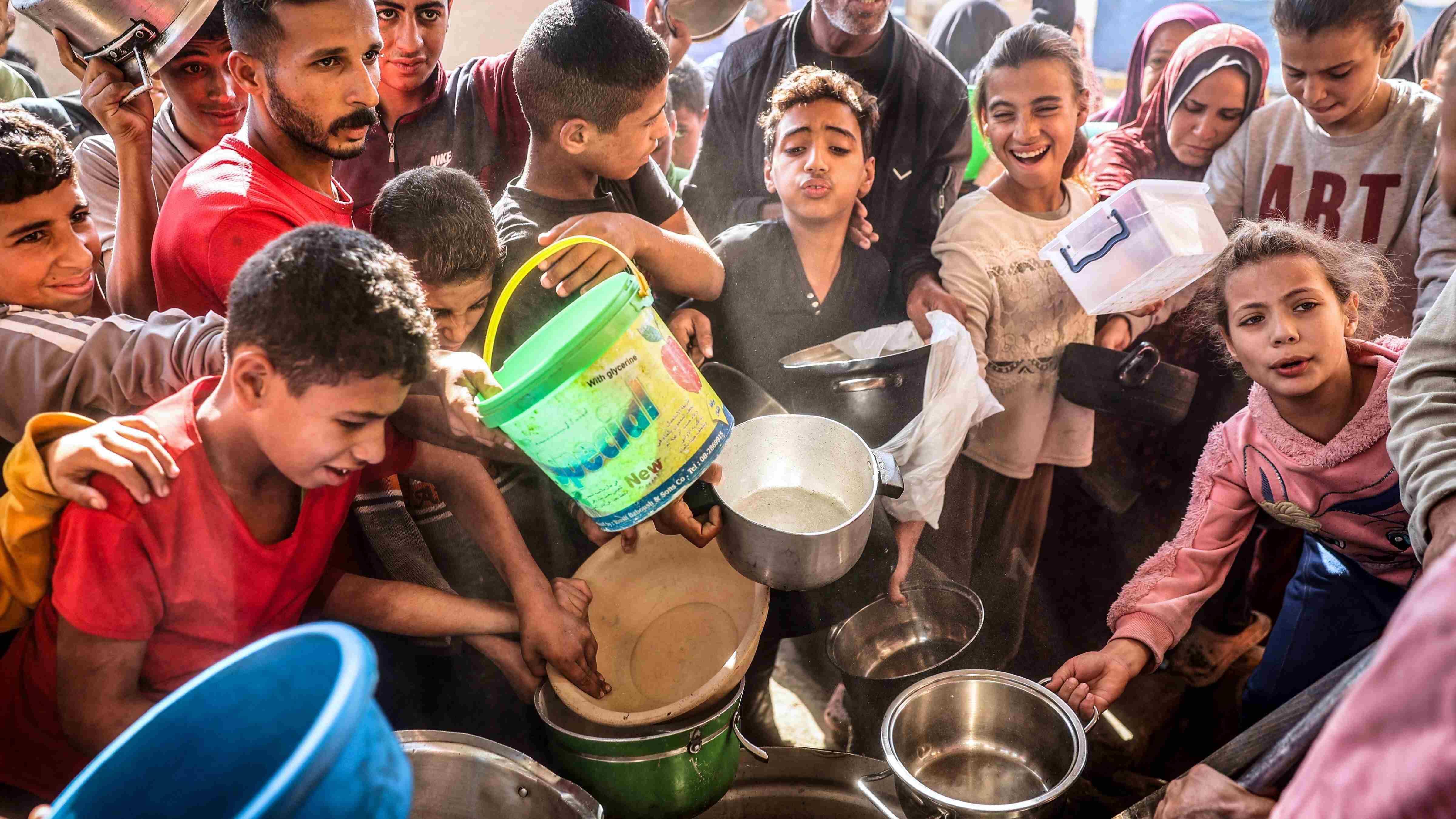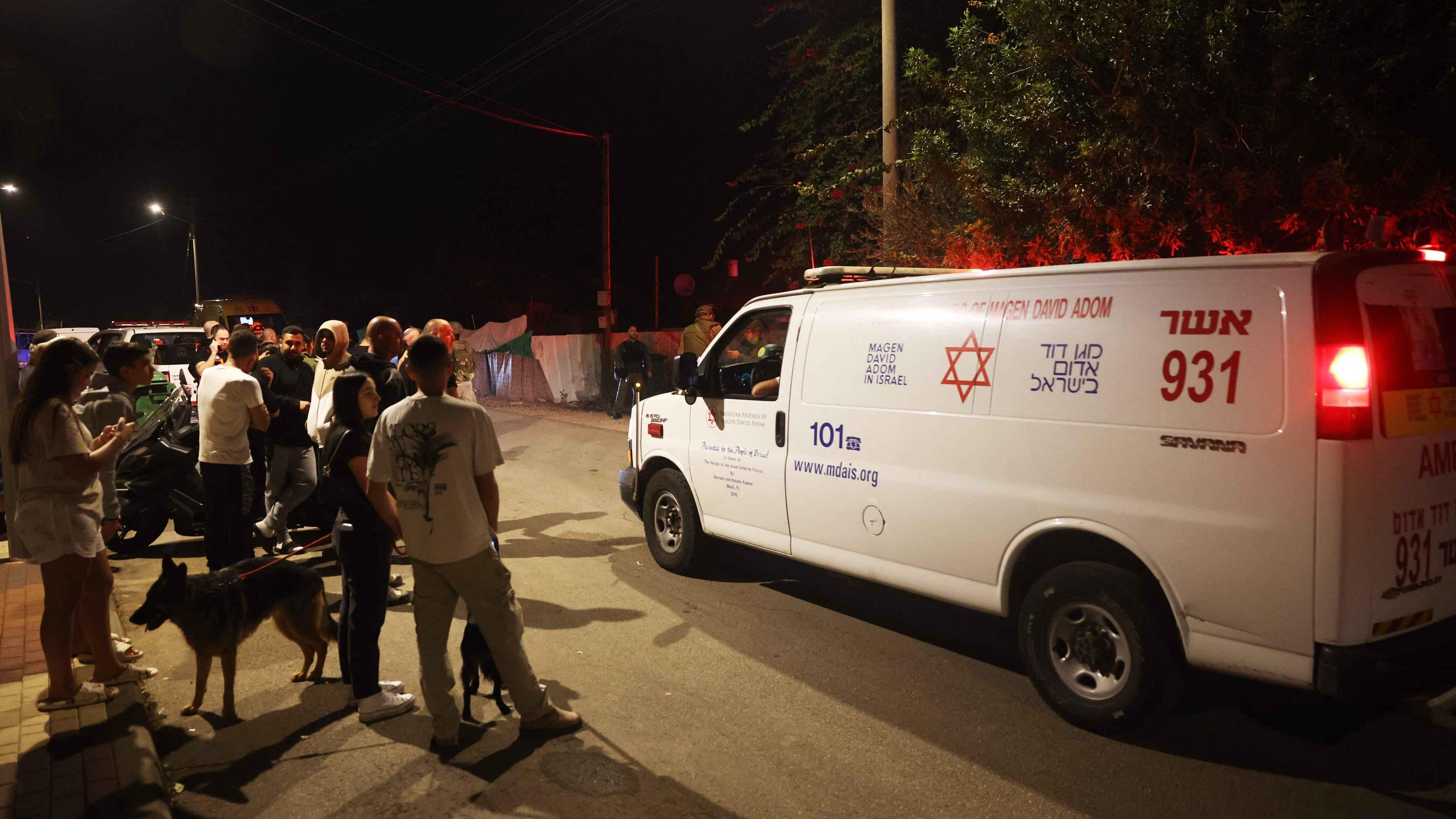Surprise elections
It is becoming clearer that the June 24 elections to choose a president and a new parliament, which might be followed by a second round of presidential elections on July 8, might produce a surprise outcome far different than what public opinion polls have been indicating so far.
So far all public opinion polls published on media outlets show that in the presidential election the incumbent president almost certainly will secure a very easy victory. Polls claim if President Recep Tayyip Erdoğan cannot win in the first round in June, he will do so in the second round in July.
Regarding the parliamentary elections, however, pollsters are divided. Some of them underline an expectation that the “People’s Alliance” of the ruling Justice and Development Party (AKP) and the Nationalist Movement Party (MHP) most likely will get around 330 seats and emerge from the election with a comfortable majority that will make it very easy for Erdoğan to singlehandedly rule the country.
Some pollsters, however, stress that, together with the pro-Kurdish Peoples’ Democracy Party (HDP), the “Nation Alliance” of the main opposition Republican People’s Party (CHP), the İYİ (Good) Party and the Felicity Party (SP) might capture the majority of the parliamentary seats and force Erdoğan into a period of cohabitation.
Of course, there are pollsters who claim that the CHP’s presidential candidate, Muharrem İnce, who so far with an unexpected energy staged over 90 public rallies and demonstrated an outstanding success in energizing the opposition, might be victorious in the July 8 vote if Erdoğan does not get elected in the June 24 vote.
Fear in the polls and the surprise factor
Naturally, the ballot box is a dangerous phenomenon for all politicians. No one can guarantee electoral success of anyone, given the conditions that Turkey has been experiencing nowadays. Out of fear of possible consequences, pollsters have been complaining that respondents are trying to hide their actual opinions or not reveal their stances.
The fear among the society is strengthening so much that people are feeling scared to express their opinions, particularly if they are critical of the president or the government; but this is being considered normal. Does it make sense, for example, that a leading pollster often critical of the government gets detained for a relatively long period on charges that he smoked a cigarette in the toilet of an Ankara-Istanbul flight? Wouldn’t just imposing a fine be enough?
The recent vote to choose the new president of the Fenerbahçe sports club, of course, ignited hope in the country that a similar vote might be possible in the political scene as well, as it has dethroned the club’s former president who has kept his seat for 20 years.
Would that be the case? In any case it is almost clear from now that whatever the outcome might be, many people will be deeply shocked by the expression of the will of the people.











